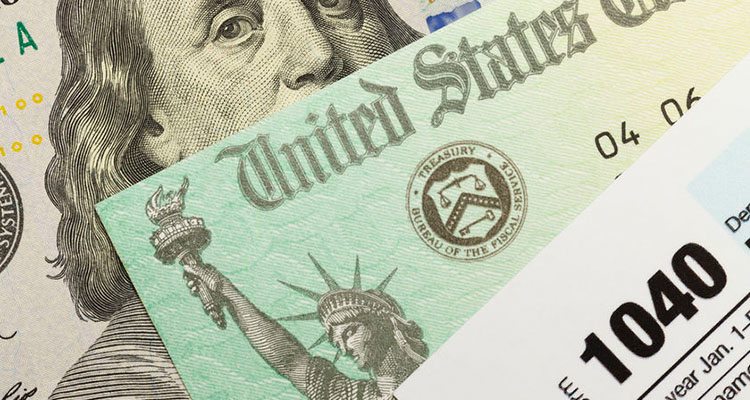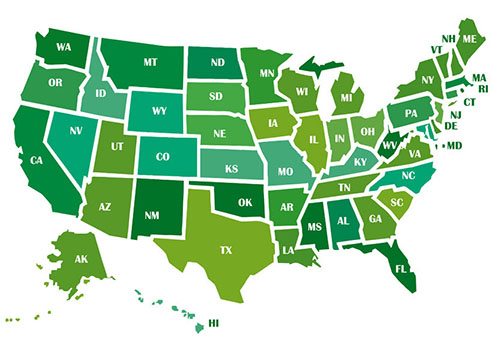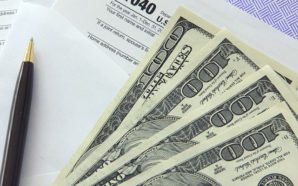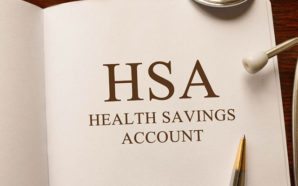These Important 2017 Tax Breaks Can Save Baby Boomers Thousands of Dollars

Apparently there are several tax credits the U.S government provides to those who are 50 and above. Most Americans are not aware of these credits and are essentially leaving money on the table. Taking advantage of these tax breaks can literally save you thousands of dollars per year starting today. Over the course of a couple of decades this can amount to hundreds of thousands which you could have more for retirement.
The Government encourages those who are 50 plus to utilize these tax breaks since they’re nearing retirement or already in retirement. In the end of the day, the government doesn’t want it’s senior population to rely only on social security, which is why these tax breaks are so essential to people above 50.
If you’re over 50 you should check if you are eligible for these tax credits
See if you qualify, it’s free>>
Here is a short list of some of the tax breaks and benefits designed for Americans who are over 50. You should consider taking advantage of these right away:
1 – Pay Less in Property Tax
Property tax laws aren’t regulated at the federal level and some jurisdictions provide tax breaks for people over 50. Before paying your property taxes you need to make sure you’re not missing out on the credit. This can amount to savings of thousands of dollars a year.
2 – Deduct More Expenses, Pay Less Taxes
Once you turn 65 you receive $1,550 more in standard deduction. Married couples that have both crossed 65 can enjoy double the amount! That comes out to $3,100 in additional deductions. In short, the more you deduct, the less taxes you pay.
3 – More Tax Free Dollars Through Health Savings
Individuals who are 55 or older are eligible to contribute $1,000 more in tax free dollars than their younger counterparts when using a health savings account. Distributions from these accounts are tax-free when used for certain medical expenses.
4 – Lower Your Investment Expenses
If you have expenses related to your investments (like costs related to investment advice) you may be able to include these in your other itemized deductions such as accounting fees, online broking, home computers (for investment needs) and more. Depending on the size of your expenses, this can add up to thousands in savings every year.
5 – No more early withdrawal penalty
Younger workers who raid their retirement accounts are hit with a 10 percent early withdrawal penalty. However, once you turn age 59 1/2, you can withdraw money from an IRA for any reason without incurring the 10 percent tax. And if you leave your job at age 55 or later, you can begin penalty-free 401(k) distributions from the account associated with the job you most recently left at that time.
6 – Include Business expenses
If you own a business when you retire, or plan on starting your own business, you may be able to claim business expenses as one of your senior tax breaks.
7 – Maximize Your IRA Contribution
The fact that you are getting closer to retirement doesn’t mean you should stop allocating funds to an IRA (Individual Retirement Account). If married and your partner is working, they can contribute up to $6,500 a year to an IRA that is under your name.
8 – Catch-Up On Your Tax Free Contributions
Once you reach the age of 50 you’re eligible for catch-up contributions to your 401(k), 403(b) and some other retirement accounts of up to $6,000. Also, those 50 and over can contribute a maximum of $6,500 to their traditional or Roth IRAs, as opposed to people under 50, who have a limit of $5,500. That’s another $1,000 a year in tax free contributions.
There are numerous other loopholes and deductions that can reduce the amount of taxable income or the amount of refund you receive especially if you’re above 50 years old. This is just a short list of the many tax deductions and credits available to individuals. Depending on your personal status, an optimized plan should be customized to you individually.
If you’re over 50 you should check if you are eligible for these tax credits
Select Your State Below:
See if you qualify, it’s free>>











